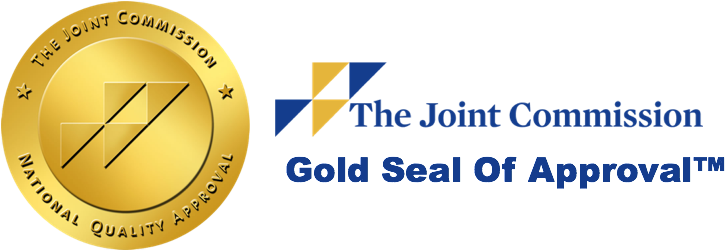It can be hard to understand what it feels like to be struggling with active addiction unless you have been through it yourself. The emotional mindset of someone struggling with alcohol or substance use disorder (SUD) can often be anxious, fearful, lonely, and depressed. So it is not surprising, and perfectly understandable, that these same people would have trouble overcoming these emotions when it comes time to accept treatment.
The road to recovery requires being in the proper frame of mind. Being in the right place emotionally can be just as important as being there mentally or physically. This is just one of the reasons we here at The Phoenix Recovery Center focus as much on emotional growth as mental and physical healing.
Avoiding Treatment Due to a Negative Emotional Mindset
While it is one thing to begin emotional work after entering a treatment center, it is something else entirely to establish the proper mindset before entering. One of the ways of doing this is through the help of close family members, friends, and coworkers. When it comes to SUD, the people close to us are often the ones who can save us from ourselves. However, this can only happen if they know the signs and symptoms of addiction to look out for.
According to the U.S. Department of Health and Human Services, there are three categories of symptoms to look out for in those struggling with SUD. These three categories are:
- Behavioral
- Physical
- Social
#1. Behavioral Symptoms of Substance Use Disorder
Some behavioral signs of SUD include:
- Losing motivation or showing poor performance in academics
- Engaging in dangerous behaviors, such as getting into fights, showing risky sexual behaviors, and getting into legal trouble
- Acting secretly or suspiciously
- Extreme changes in sleep patterns, including sleeping too much or too little
- Changes in eating habits
- Showing unjustified paranoia, anxiousness, or fearfulness
- Having mood swings, angry outbursts, or long periods of irritability
#2. Physical Symptoms of Substance Use Disorder
There are physical symptoms of SUD, some of which include:
- Showing sudden weight loss or weight gain
- Having bloodshot eyes or dilated pupils
- Smelling abnormal on the body and the breath
- Displaying tremors or shakiness, especially in the hands
- Slurring their speech or having trouble with memory or processing thoughts
#3. Social Symptoms of Substance Use Disorder
Social indicators to look for in SUD are:
- Having a sudden change in peer groups
- A newfound need for money and expressing new financial troubles
- Changing or losing interest in hobbies they once found enjoyable
- Having trouble with familial or marital relationships
- Experiencing negative ramifications at work due to their substance misuse
Identifying Emotional Needs Early in Treatment
Once an emotional opening happens for an individual to get into treatment, it is critical that emotional healing begins right away. One way of doing this is by creating a safe space for an individual to express themselves without fear of ramifications or judgment.
Another path of emotional healing is through work with professional therapists, psychologists, or psychiatrists, especially those that work specifically in the treatment field of addiction. Working with these specialists can help get to the root cause of why substance use felt like “a solution” for so long. They can also help determine if there are other emotional issues going on that constitute a comorbidity.
Co-occurring disorders are more common in addiction than many people may think. Some of these disorders include anxiety and depression, bipolar disorder, personality disorder, and dissociative disorders, to name a few. At The Phoenix Recovery Center, we believe that treatment for co-occurring disorders should begin as soon as possible for the emotional benefit of long-term recovery.
Treating the Underlying Emotional Needs in Addiction
There is a belief in many 12-Step programs that alcohol and/or substances are but a symptom of the underlying emotional problem. Therefore, if someone only treats their substance use, then they are not treating the real root of the problem. One could argue that “sobriety” is merely just an added benefit to emotional recovery.
One of the ways we treat these underlying emotional needs is through individualized assessment and attention. Unlike many treatment facilities, we believe in a completely individualized approach. This way, we can ensure that the right recovery plan fits each of our clients. We understand that having the right plan after treatment can make the difference between recovery and relapse.
Maintaining a Program That Continues to Address Emotional Health
Finding a program that addresses emotional health is the first step of treatment. Maintaining that emotional health requires many steps after that. This includes taking the right actions after treatment, such as residing in a sober living facility, continuing a program of therapy, and/or finding a sober community to join and relate to.
We know that emotions can be hard to overcome in active addiction. Many of us have been through it ourselves. This is why we also know that getting through those emotional roadblocks is possible. Some people just need help clearing the way.
If you or a loved one are struggling, we here at The Phoenix Recovery Center understand the isolated feeling of addiction. We want you to know that these feelings are not your fault, and there is hope. Don’t let emotional hang-ups get in the way of recovery. We can help you get on the right track to positive emotional sobriety. For more information, call The Phoenix Recovery Center at (801) 438-3185.







